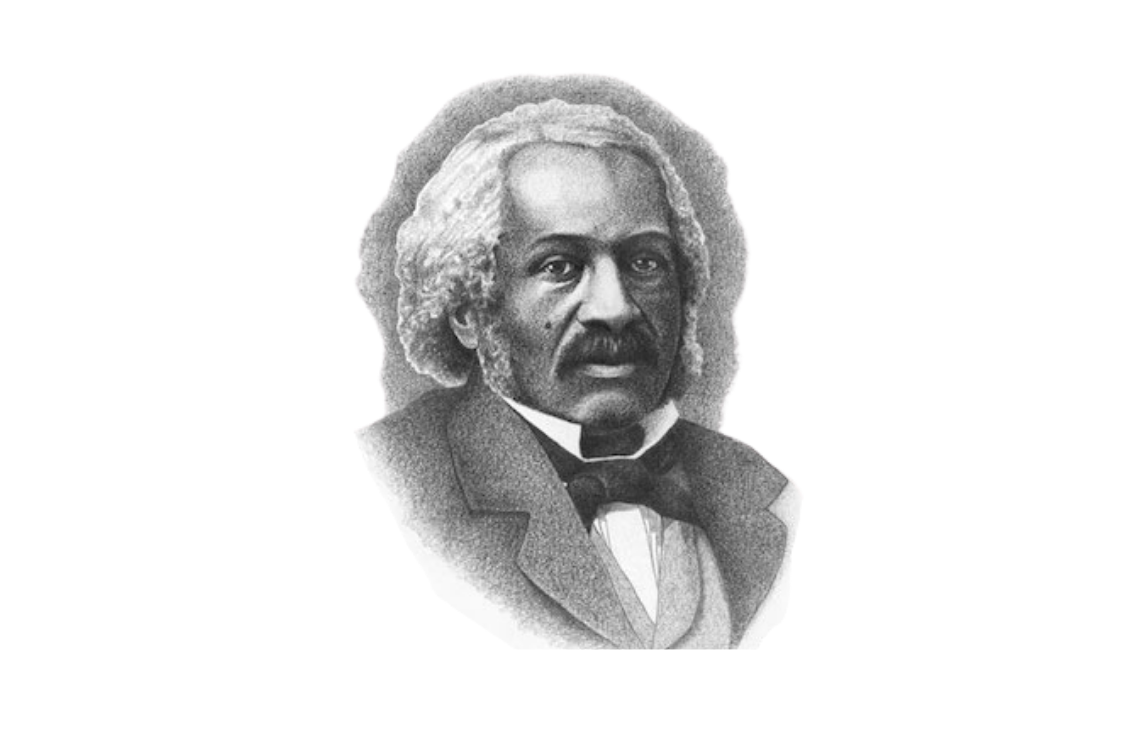
Introduction
James McCune Smith holds a remarkable place in American history as the first Black medical doctor in the United States. His achievements were groundbreaking and paved the way for future generations of African American professionals. This article delves into the life, achievements, and legacy of James McCune Smith, highlighting his contributions to medicine, education, and social reform.
Early Life and Education Breaking Barriers from the Start
James McCune Smith was born on April 18, 1813, in New York City, to parents who were formerly enslaved. From an early age, Smith demonstrated exceptional intellect and a profound thirst for knowledge. Despite the oppressive racial barriers of the time, he pursued his education with relentless determination.
Pursuit of Higher Education
Denied entry into American colleges due to racial discrimination, Smith sought education abroad. In 1837, he graduated from the University of Glasgow in Scotland with a medical degree, becoming the first African American to earn a medical degree. His time in Glasgow was not just academically enriching; it also exposed him to progressive social and political ideologies, which would influence his later work.
Medical Career and Contributions Pioneering Medical Practice
Upon returning to the United States, James McCune Smith opened a medical practice in New York City. He quickly gained a reputation for his expertise and compassionate care. Smith was not only a skilled physician but also an innovator in the medical field. He was the first Black physician to establish a pharmacy in the United States, providing essential healthcare services to underserved communities.
Research and Publications
Smith was a prolific writer and researcher. His scientific articles and essays were published in various medical journals, addressing critical issues such as public health, sanitation, and epidemiology. His work was highly regarded and contributed significantly to the advancement of medical knowledge during his time.
Advocacy and Social Reform Champion for Abolition
James McCune Smith was more than a physician; he was a passionate advocate for abolition and social justice. He worked closely with prominent abolitionists like Frederick Douglass, using his voice and platform to fight against slavery and racial discrimination. Smith’s eloquent speeches and writings played a crucial role in the abolitionist movement, inspiring many to join the cause.
Education and Empowerment
Smith believed that education was a powerful tool for empowerment and social change. He was actively involved in the establishment of schools and educational programs for African Americans. As a member of the New York Society for the Promotion of Education Among Colored Children, he worked tirelessly to provide educational opportunities for Black children, laying the foundation for future generations’ success.
A Lasting Influence
James McCune Smith’s legacy extends far beyond his medical achievements. He broke down racial barriers in education and healthcare, setting a precedent for future African American professionals. His contributions to medicine, education, and social reform continue to inspire and resonate today.
Honors and Recognition
In recognition of his groundbreaking work, Smith’s name is commemorated in various institutions and awards. His life and achievements are celebrated as a testament to the resilience and determination of African Americans in the face of systemic oppression.
Why You Are Next To Be Great
The story of James McCune Smith is a beacon of hope and a testament to the human spirit’s resilience. His achievements underscore the importance of breaking down barriers and striving for excellence, regardless of the obstacles in one’s path. As we honor his legacy, we are reminded of the progress made and the work still needed to achieve true equality and justice for all.
Conclusion
James McCune Smith’s life story is a powerful reminder of the importance of perseverance, education, and advocacy. As the first Black medical doctor in the United States, his contributions to medicine and social justice have left an indelible mark on history. Smith’s legacy continues to inspire individuals and communities, reminding us of the transformative power of knowledge and the enduring fight for equality.

